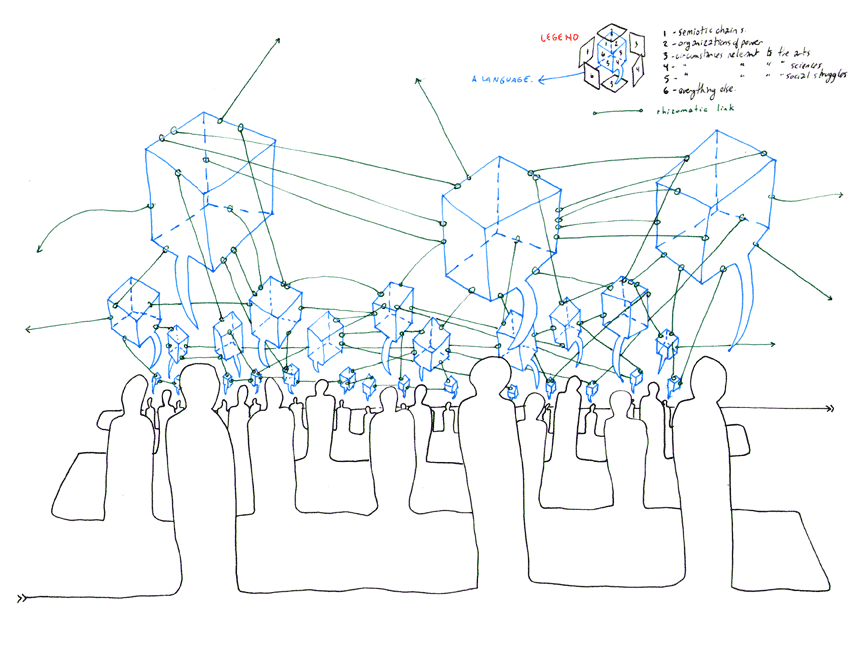God is Dead... But does God know it too?
- Baroque

- Oct 2, 2019
- 2 min read
Updated: Nov 10, 2020
There is no doubt in my mind that regulatory systems govern almost every aspect of our lives. These systems deliberately choke out true freedom (true passivity, even). There are systems in place by the current neoliberal paradigm designed to facilitate a deliberate falsification of freedom at nobody’s expense but our own. There is no clear perpetrator of capitalist ideals; the anonymity of capitalism is something what Zizek calls an “empty center” that we can sense but can’t directly point to. When you’re faced with a seemingly “free choice”, the choice remains free only if you choose the right one marketed to you as a most emancipatory one. But in making the right choice, just how much free will are you exercising in free choice? Passivity itself is marked with its own inaction: refusing to participate no longer warrants an “anti-participation trophy”. Action through inaction, as contradictory as a peaceful protest sounds, carries with it a stigma checked, filtered, and scrutinized by capital’s zeal in the idea that it can be marketed, sold right back to us at a high interest rate.
Capitalism willingly creates the conditions for its controlled self-demolition, and it’s sparks, debris, and toxic fallout are glorious. Capitalism stares us square in the face with its own irreverence and recognition as capital proper, and, more importantly, as an all-encompassing 'realistic' ideology. We internalize capital so much so to become guilty of capitals rises and falls; collective-capitalist-crashes like housing crises and recessions are direct outcomes of capital becoming too self-referential and too abstract. Captialism fosters regular intervals of disbelief. But don’t worry: the gracious act of purchasing a Starbucks coffee and donating your change for a cause acts to nullify capital’s true intentions on you as a willing (and enthusiastic) participant. Capital also creates a double (duplicate) joy in its participation: when faced with a large financial decision, capital creates the condition of possibility of creating more capital at the sacrifice of capital (a risky investment).
Is the idea of emancipation through capital the crux that makes true freedom unattainable? Cue Zizek: his problem with ideology is not that the average person is a “sheeple” of capitalist ideology. Zizek believes that every person knows the insubstantiality of our currency, interaction, universality, etc. and but we perform acts of capital with disengagement and disbelief. We possess a cool disconnect governs our relationship with capital; it’s our god at the same time it’s a piece of paper whose sole function is to bring commodities out of concrete value and into the realm of abstraction. Capitalism sets the conditions for this jump between commodity and ownership. Capital ideology, then, must use the very “breakaway” from ideology as it’s very core much like Christianity appropriates atheism in its very core. If there is an escape from Capitalism, it’s this: when performing the standard rituals of capital, we must ask ourselves, at our deepest, that even though we don’t believe in the artificiality of it all, does capitalism know it too? It’s at this juncture that capital’s abstraction becomes visible.




Comments